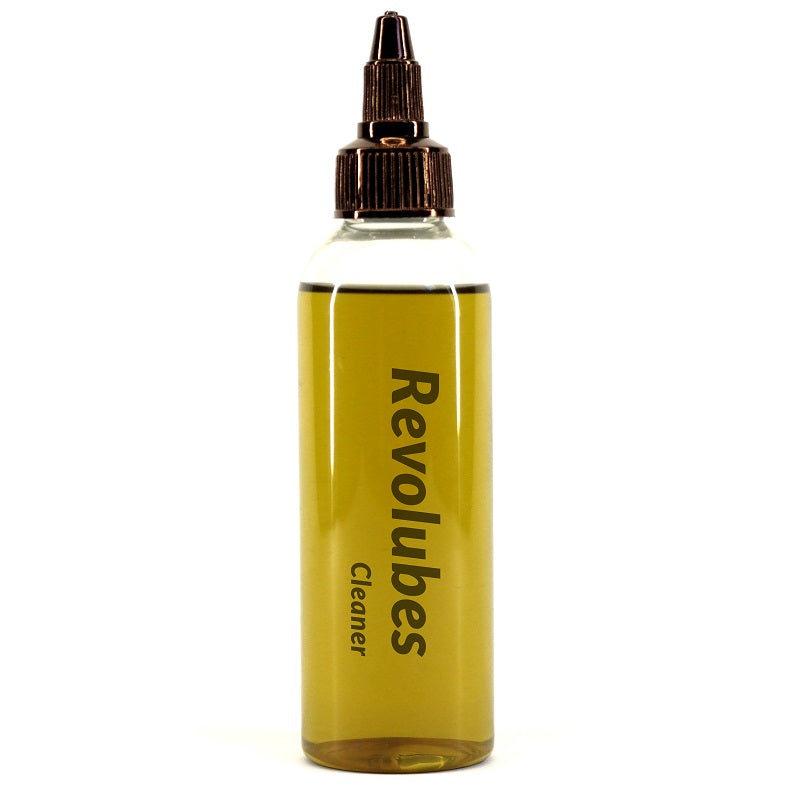The Bulletproof coating.
CSC greases commonly exhibit high dropping points, excellent water resistance and mechanical stability. They also perform an excellent corrosion protection, low wear, and high EP (extreme pressure – high load) properties, all of which are specific to CSC grease. These features attract a lot of interest and increased industrial use, as many are currently studying and presenting research papers about them at industry conferences. But what is it, that combines all of it in one product? Let’s get to the bottom of it.
The Coating.
As shown in the previous paper, the most desirable effect of lubrication is to produce as durable boundary layer, covering the co-working faces, as possible. Revolubes™ utilizes the Calcium Sulphonate Complex technology to achieve it, but how actually the layer gets established?
Calcium sulfonate detergents are composed of two parts, a hydrophilic head, and a lipophilic tail. The head provides the additive’s properties, and the tail keeps it in the oil. The hydrophilic head is a neutral salt of a strong acid and could be from many different metal types. The metal in CSC grease is calcium and as such, its atoms can create a metallic bond with another metal atoms, such as iron in steel alloy.

Formation of the boundary layer, due to the chemical reaction;
1 – Steel; 2 – Boundary Layer; 3 – Oil with EP additives
Metallic bonding is known to be the most energetic among all other chemical bonds, in the way that it takes a lot of energy to break it. At the same time, being the strongest means that it can supersede any other which is least energetic. Fortunate enough, the latter can be observed without a microscope, and one of the most impressive examples is superseding oxygen in iron oxides – rust.
To provide you with a tangible evidence, we have treated a rusty bicycle chain with Revolubes™ and captured it on a video below:
Clearly, not only Revolubes™ can penetrate through rust and neutralize it, but establish a robust layer which cannot be washed away, squeezed out or allow rust build up in due course.
Moreover, the layer, however beautifully microscopic, being a solid compound stays dry. This feature prevents dust/dirt or other contamination to stick to it.
Ok, so now that we have the coating established, how robust is it against the elements?
The food industry can provide some answers to the question, as the equipment undergoes the worst-case scenario, where water is used extensively to clean the machinery or in the manufacturing processes and therefore, there is a lot of data available about CSC lubricants performance in machinery used in this particular branch.
CSC technology obtained NSF H1 status in 2001 and finds use in mixing, crushing, canning, bottling and package manufacturing applications. In the areas of load, water, contamination, and temperature CSC lubricants offered much-improved performance over the other technologies.
There are two important grease-specific tests: water washout and spray tests. In the ASTM D1264 Water Washout Test, grease is weighed before and after one hour of testing to see how much of it has been removed from a shielded packed bearing with a water spray impinging on it. The bearing is dried in an oven, and the weight loss after one hour is determined in terms of percentage (%) of original weight.
In the ASTM D4049 Water Spray Resistance Test, a weighed amount of grease is coated on a horizontal metal panel and is exposed directly to water spray from above for five minutes. The panel is dried in an oven and the weight loss is used to determine the percent sprayed off. The less removed the better. While these two tests are similar, they measure something different depending on the amount of water the grease is exposed to. E.g. - In large bearings where more water flows through than in a small bearing.

Comparing water resistance properties food-grade CSC and non-CSC greases with the Water Washout Test.
Also, all the sulfonates tested in the ASTM B117 Salt Fog Test showed excellent corrosion resistance, when very thin 1-mil thick coatings ran more than 1,000 hours. Competitors were nowhere near as good and failed in less than 150 hours, typical of most food-grade industrial greases.

CSC grease offers superior corrosion resistance.
As you can see the Revolubes™ nanotechnology, thanks to its base - modified calcium sulfonate complex, not only establishes a chemically active coating, but preserves it and its lubrication features in the most demanding environments. All of this combined, makes Revolubes™ a supreme solution in maintenance of bicycle or motorbike drivetrains, sea and lake fishing reels, marine and many more applications.

